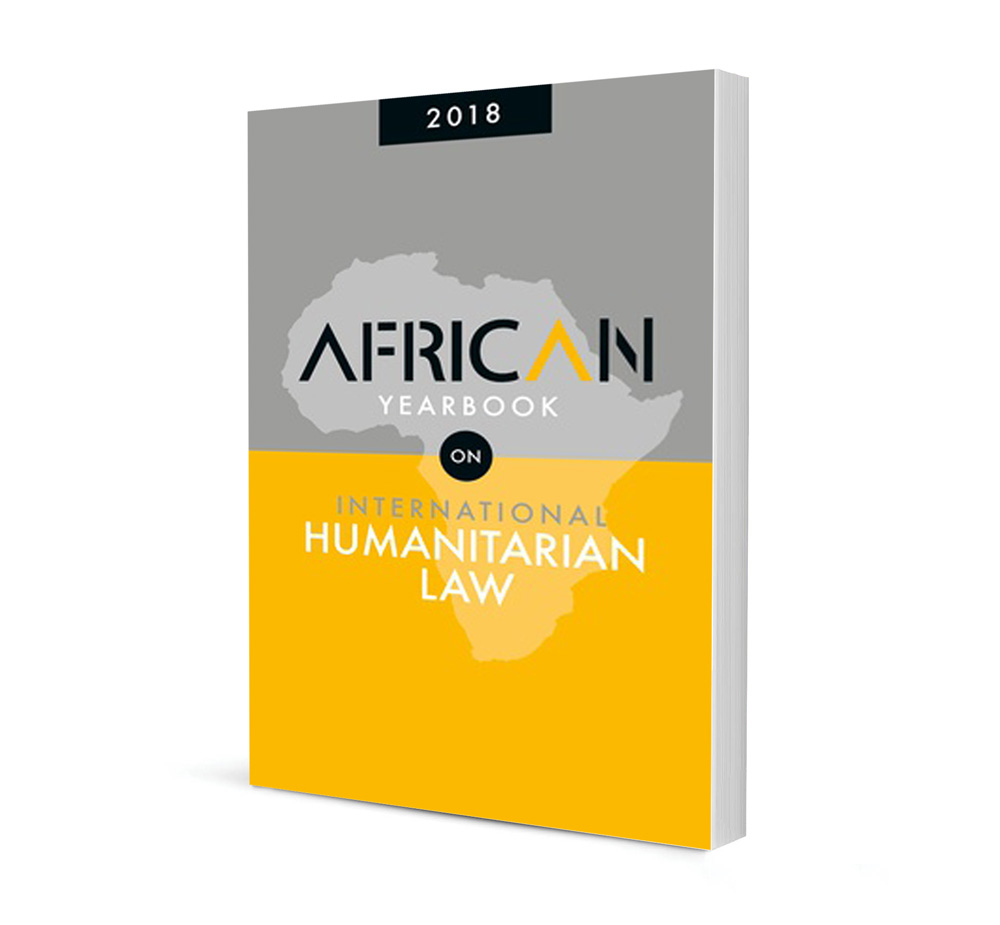Current Development: The United States of America v Jucontee Thomas Woewiyu: How Immigration Fraud in the US Unearthed Old War Crimes in Liberia

Current Development: The United States of America v Jucontee Thomas Woewiyu: How Immigration Fraud in the US Unearthed Old War Crimes in Liberia
Authors Yulia Nuzban
ISSN: 2521-2621
Affiliations: None
Source: African Yearbook on International Humanitarian Law, 2018, p. 146 – 156
Abstract
When Jucontee Thomas Woewiyu applied for US citizenship in January 2006, he set in motion a series of events that would eventually lead to his conviction in July 2018 in connection with old human rights violations and war crimes committed during a civil war in Liberia. In the intervening years, the case was investigated and prosecuted by the US war crimes units — specialised entities responsible for the investigation and prosecution of international crimes. Although Woewiyu was found guilty of immigration fraud and not war crimes proper, his trial and conviction provide a robust record of war crimes committed during an armed conflict in Liberia, document Woewiyu’s role as one of the NPFL leaders, and give a measure of justice to the victims.